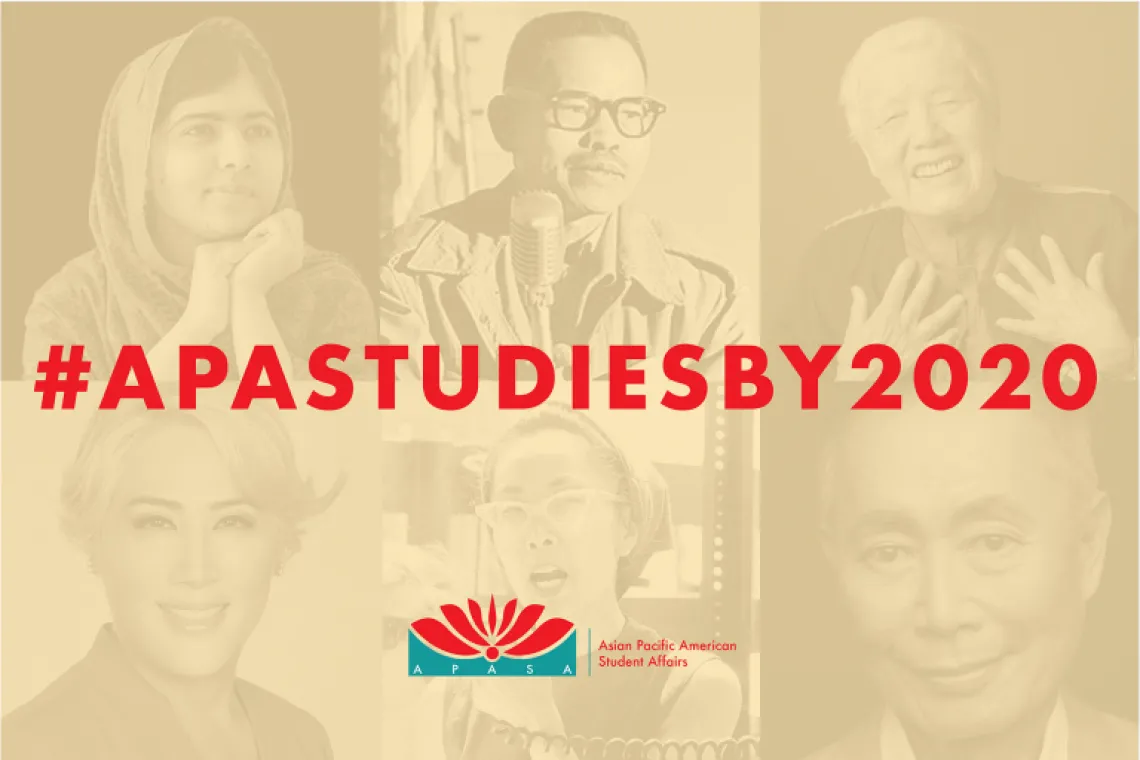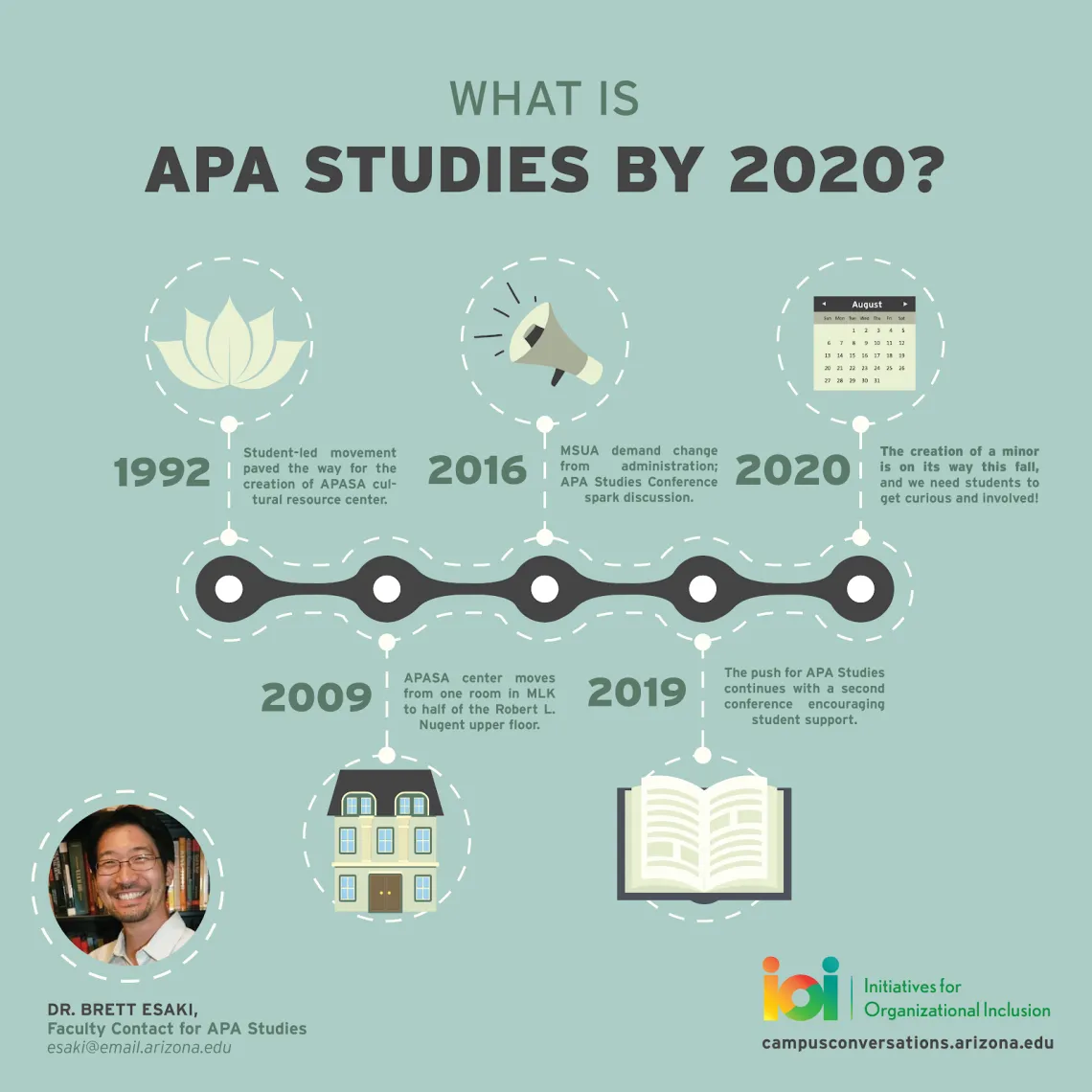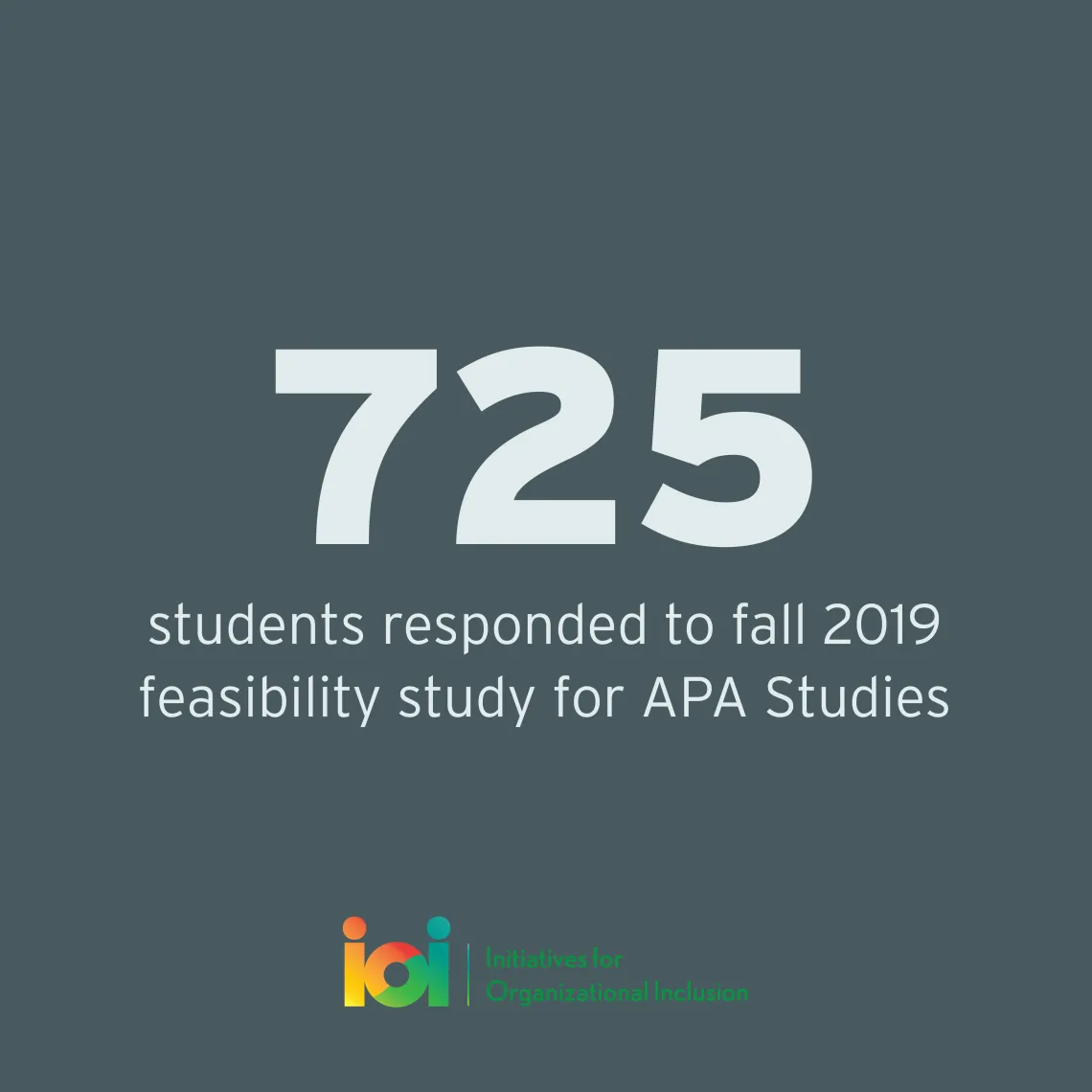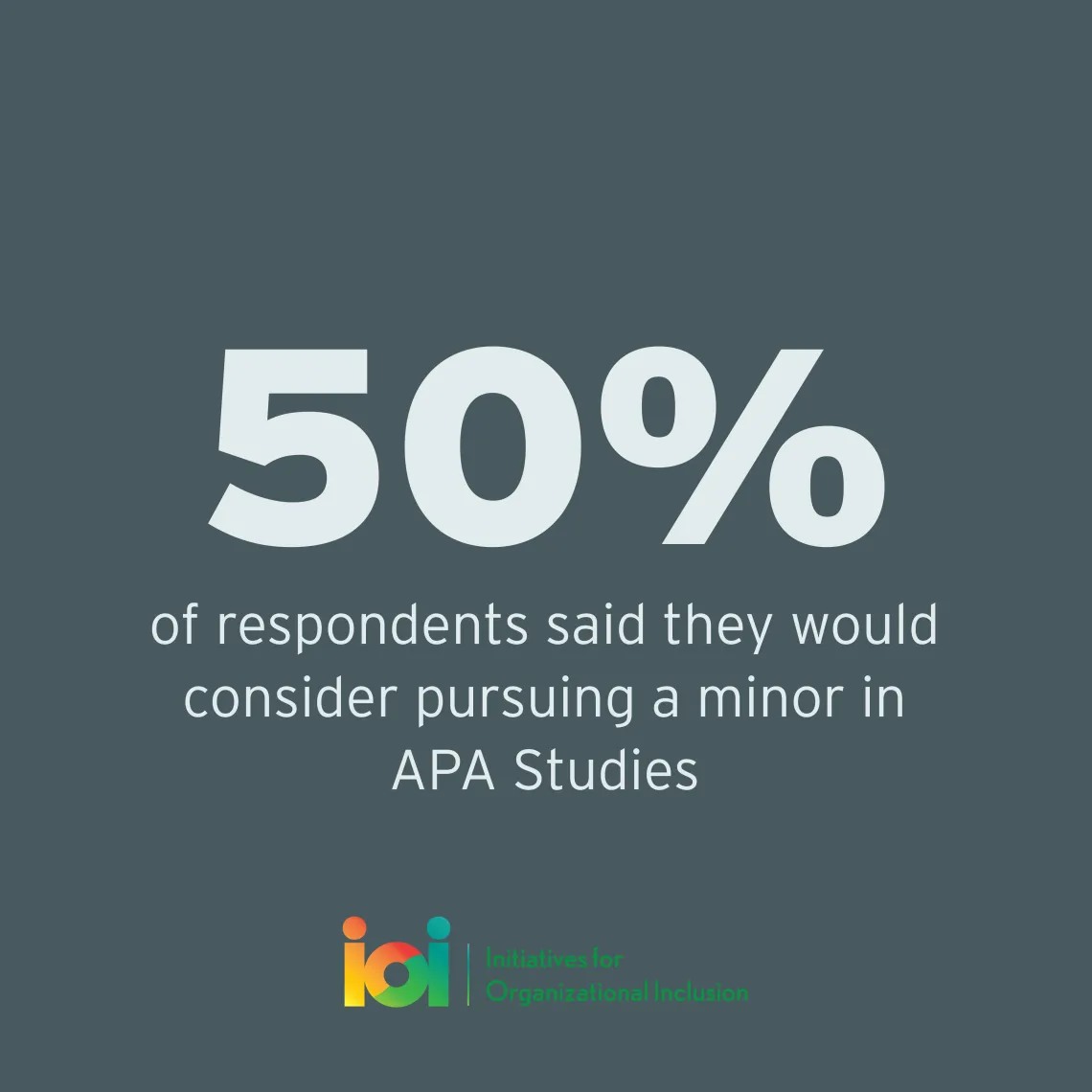What is Asian Pacific American Studies?

Created By: Tia Hunt
Visit the Pages
APA Studies Official Website
Please visit the official APA Studies website page to learn about the program, course requirements, affiliated faculty, and recommended books by APA faculty and visitors.
Interview with Judy Tram
Link
Upcoming Classes
Meet the Faculty
Asian Pacific American Studies is an interdisciplinary field primarily drawn from and contributes to humanities, social sciences, and arts. APA Studies chronicles the aspirations, struggles, and accomplishments of one of the nation's fastest-growing and most diverse racial/ethnic groups in the US by recording the creation of their own communities and their participation in American life. It provides opportunities to examine the multiplicity of values, visions, institutions, and cultural formations that contribute to a new synthesis of U.S. society as a multicultural nation. It also analyzes the socio-economic, cultural, and political impact of Asian Americans on the making and re-making of American society and culture.
Benefits of APA Studies
-
Will benefit students pursuing careers involving the complex and rapidly changing Asian American and Pacific Islander populations and other culturally diverse populations.
-
Prepares students to work with an increasingly global and diverse society.
-
Asian Americans are the fastest-growing minority in the United States but are often not acknowledged as a minority group. Often seen as the “model minority,” Asian Americans are viewed as not having problems or special needs. APA Studies can make Asian Americans visible.
Image
APA Studies Logo
Jasmine Ma

Pursuing APA Studies at the University of Arizona
February 2011
- Kristen Wong, Graduate Assistant at APASA, presented an overview for the value and need for APA Studies at APA Advisory Council meeting.
April 2011
- APA Advisory Council met with President Robert Shelton and discusses the value and need for Asian Pacific American studies at The University of Arizona, highlighting the existence of this academic discipline within the PAC 10; President Shelton committed seed money to initiate a hire for faculty position.
June 2011
- President Shelton resigns from his leadership role at university.
2011-2016
- Continuous conversation at APA Advisory Council meetings about need for APA Studies, and continuous advocacy by former APASA Directors, Marc Johnston and Dan Xayaphanh.
October 2015
- Matt Matera, Graduate Assistant at APASA, leads effort with APASA Board of Directors to develop, plan, and implement an APA Studies Conference. The APA Advisory Council agrees to support and partner on the APA Studies Conference.
February 2016
- APASA and the APA Advisory Council host APA Studies Conference Advancing the Movement”; Several higher education leaders and partners participated as speakers, including: Dr. Allyson Tintiangco- Cubales, Ethnic Studies faculty, San Francisco State University; Dr. Kathryn Nakagawa and Dr. Karen Leong, APA Studies faculty, Arizona State University; and Chancellor Lee Lambert and Dr. Daisy Rodriguez Pitel (former APA Studies faculty), Pima Community College.
March 2019
- APASA and APA Community Council co-hosted APA Studies Symposium (add all presenters).
April 2019
- APASA Board of Directors, APA student leaders, APASA staff, and members of the APA Community Council meet with President Robert Robbins to discuss the value and need for Asian American studies at The University of Arizona.
October 2020
- Department of East Asian Studies presented a proposal for the APA Studies Minor.
January 2021
- The first APA core course was offered to the U of A student body by Dr. Brett Esaki.
April 2021
- The APA Studies minor officially launched.
Credit to: Nathan-Jay Atienza Collantes Kameron Galvez
Progress on Student Demands from MSUA
The Marginalized Students of the University of Arizona demand that the University of Arizona compose a strategic 10Âyear plan that will increase retention and graduation rates for marginalized students, sustain diversity curriculum and training, and promote a more safe and inclusive campus environment. This 10Â year plan should include the following actions that target student engagement, finances, health and wellness, faculty and administrators, renovations, and space allocation.




